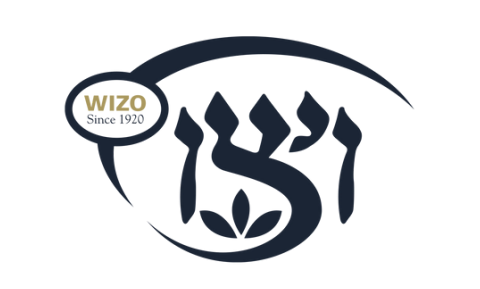Men’s Hotline
Background
For decades, conversation about domestic violence rightly focused on women. When it comes to men, the conversation is mostly about punishment—how long should a perpetrator go to prison for, and so on. All of this is, of course, entirely appropriate, especially in extreme situations, up to and including like murder. But only a tiny proportion of domestic abuse actually culminates in murder. Much more of it remains hidden from sight.
Women are disproportionately more likely to be victims of domestic violence, and over the last 30 years or so there’s been tremendous work done on that front. But it’s harder to resolve a domestic violence situation if you only ever work with one gender. Abusive relationships can last for years and decades—people overwhelmingly tend to stick together, despite the violence: some for emotional reasons, others for practical, social or financial ones, and many for a mix of the two. Even divorce doesn’t necessarily remove violence from the equation. So there’s an urgent need to bring men into the conversation and make them part of the solution.

WIZO’s Helpline
WIZO believes that if there is a solution specifically designed for men, they would in fact reach out, even without being forced to by the authorities. With a hotline for men, WIZO set out to change the conversation, to normalize discussion of therapy among Israeli men. The hotline plays a key part.
It is the only one of its kind in Israel. It’s completely anonymous. No one is asked for their name or other personal details, and none of the conversations are recorded. It’s run by trained volunteers, all male, on 12-hour shifts, 8 am to 8 pm, and there’s a voicemail system operating on weekends and overnight. Most conversations are in Hebrew, but there are also volunteers who take calls in Arabic, Amharic, and Russian. There’s also an online chatroom for those who prefer to text rather than to speak. And all of this is built as a bridge to bring the caller to therapy, and to get men out of that circle of loneliness and isolation that often fuels violent behavior.
The volunteers operate on two frequencies: one is understanding, compassion, containment, support for the man on the line. The other is zero tolerance to violent behavior. And it’s a challenge—to be as empathetic as you can be but to also tell the guy that a particular behavior or pattern he’s describing is indeed violent and beyond the pale. The longer-term goal is to allay their fears about therapy and get them to lower their defenses enough to get help, which naturally takes more than one conversation—the volunteers strive to build a relationship with the men, making sure they speak again and again. It’s all the more important because some perpetrators have also experienced abuse, which naturally compounds trust issues even further.
A non-judgment and compassionate male voice at the end of the phone line encourages callers to confide their anxieties and concerns with complete anonymity. The goal of the hotline is to help men to manage their emotions and channel their anger so that they recognize the warning signs before reaching boiling point – because prevention is the best remedy.
Accessing the Hotline
The Men’s Hotline, 1-800-39-39-04, has a website in Hebrew and in English:
And also a Facebook page:
https://www.facebook.com/MenHelpLine
This life-saving advisory service is just one of many ways in which WIZO leads in the fight to eradicate gender-based violence in Israel, from prevention to rehabilitation.
CHANGE A LIFE TODAY
WIZO USA, The Women’s International Zionist Organization, is a worldwide non-profit organization that operates over 800 social welfare projects in Israel.
Address
Beverly Hills, CA 9021
Phone
Fax: 212-751-6818
